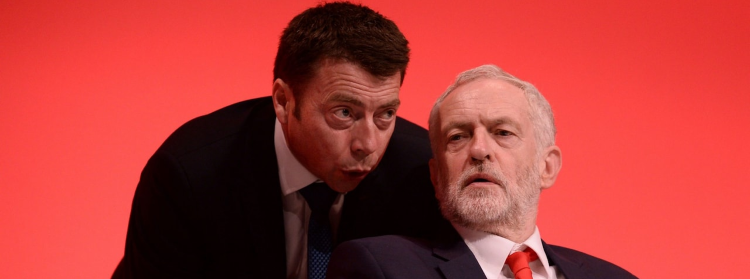When considering making rule changes in the Labour Party, designers need to take into account the so-called three year rule, and in 2021, need to consider that the rule defines the embargo in terms of conferences and so 2020 will not count. The rule states,
‘When Party conference has made a decision on a constitutional amendment, no resolution to amend the constitution or rules of the Party having the same or similar primary objective shall appear on the agenda of the three following annual party conferences, except such resolutions to amend the constitution and rules that are in the opinion of the NEC of immediate importance.’
Chapter 3, Clause III, 2.H (page 20 of the 2020 Rule Book)
So, let’s dispose of two pieces of pedantry; motions become resolutions on passing. Therefore proposals for change are motions, the use of the word resolution in this rule is legally illiterate. It’s referred to as the three-year rule, but in effect it’s a five year rule, only rule changes that failed in 2016, or earlier can be considered, and a lot of rules were changed at the 2017-2019 conferences.
Critically, we have the phrase, “the same or similar primary objective”. This is designed to stop factions behaving like children having a tantrum and nagging until they get what they want, but not to prohibit CLP (or affiliate) proposed rule changes designed to review or improve a rule.
The CAC decision as to whether a proposed rule change contravened Rule C3.III.2.H is taken on the recommendation of staff. The CLPs have two representatives, the Unions and other affiliates have five and one member is elected by Conference which seems to mean that the Unions choose them. The fear is that staff will rule out motions that the leadership don’t want and be backed by a compliant CAC majority. Recently we have seen that the Unions will not vote for a rule change not supported by the NEC, on which they have ⅓ of the members. The CAC and staff may well play fast and loose with ‘primary purpose’ and consider any further changes to a specific rule to be ultra-vires.
Careful study of the text suggests that a revoking motion would be in order, as would an orthogonal amendment. I think I might still try my Nolan Principles rule change proposal which seeks to amend C2.II.7 which was introduced in 2018 to see if primary purpose will be interpreted with textual literacy or with factional intent. The ‘open selection’ motion at 2018 was deemed to have fallen because the NEC rule change was carried. Has conference ‘made a decision on a constitutional amendment’? Sadly probably as it carried the trigger ballot reform motion and the CAC report that deemed open selection to fail but the words ‘made a decision’ require conference to have done so, withdrawal means that a decision has not been taken.
It’s a mess but the same as everywhere else, like the sailing the rules are a weapon, unlike sailing, there’s no real independent judge as to what the rules mean. …

